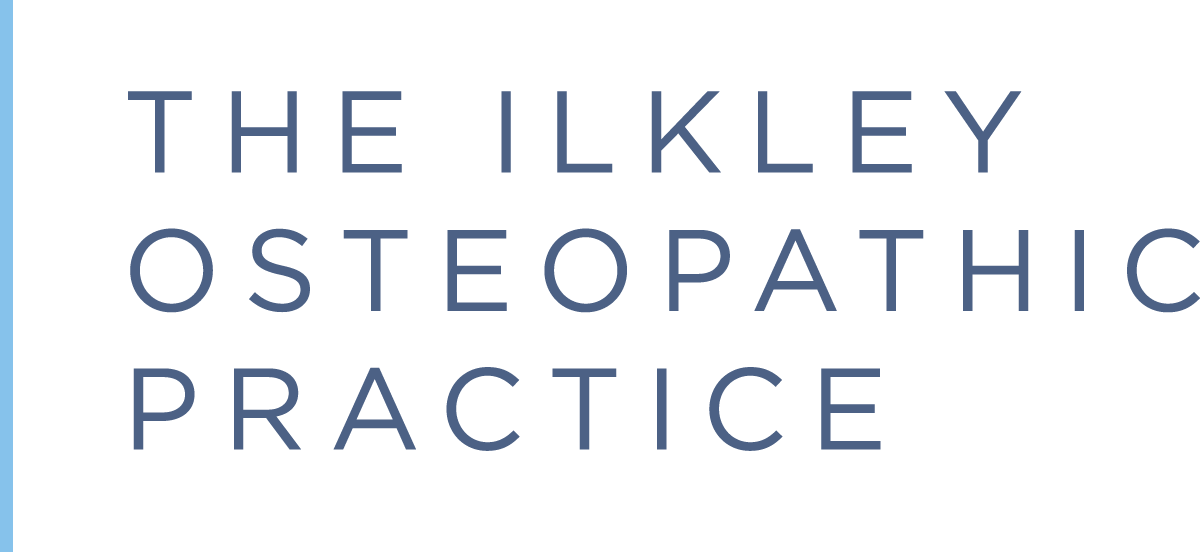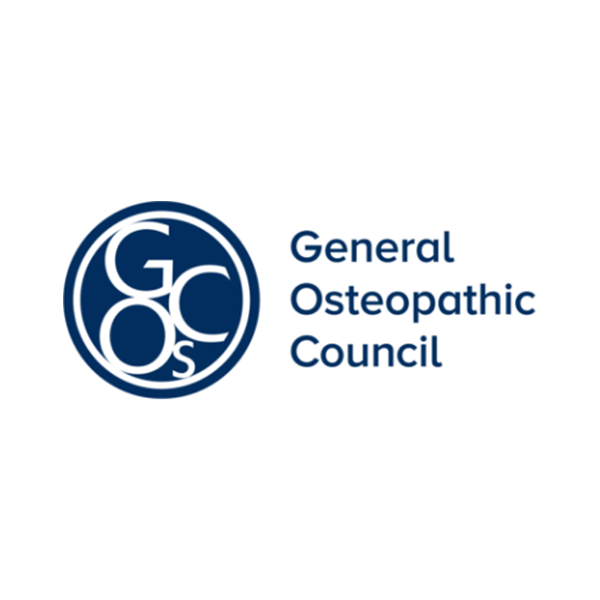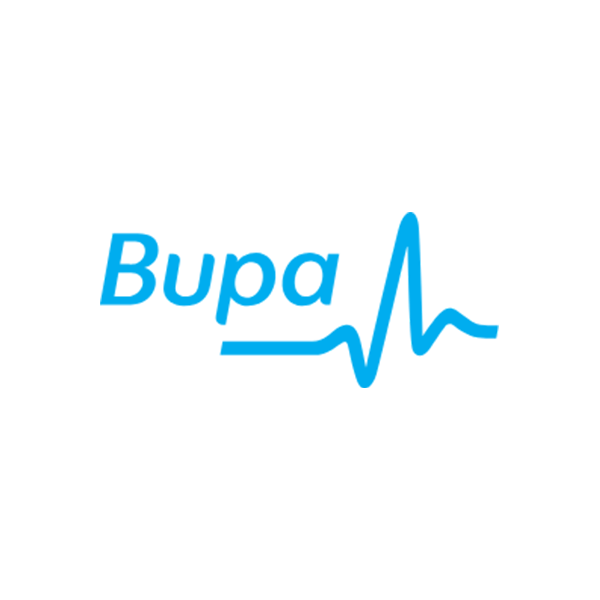A doctor’s referral is not required if you are paying for osteopathic treatment yourself. Some insurance companies may require you to see your doctor first, after which you should be able to see an osteopath quickly, without the long waiting times often incurred with other treatment options.
The number of treatments needed depends on the individual, their condition and it’s severity, as well as the length of time you have had the problem. As a guide, a course of three to six treatments usually offers our patients significant relief with each visit building on the progress of the one before.
It is important to bear in mind that your age, level of health, and stress will influence how fast your body will respond and heal, and in turn how many treatments you will need.
Visits become less frequent as your body stabilises, and once the presenting problem has improved patients will often opt for preventative, maintenance care through Osteopathy, and/or massage therapy.
As part of the osteopath’s treatment plan they often offer lifestyle advice, self-care information or specific exercises to help speed up the recovery process, and very importantly maintain improved health.
Your osteopath will tell you if they can treat you, or if they need to refer you to another medical professional, or for further medical investigations.







